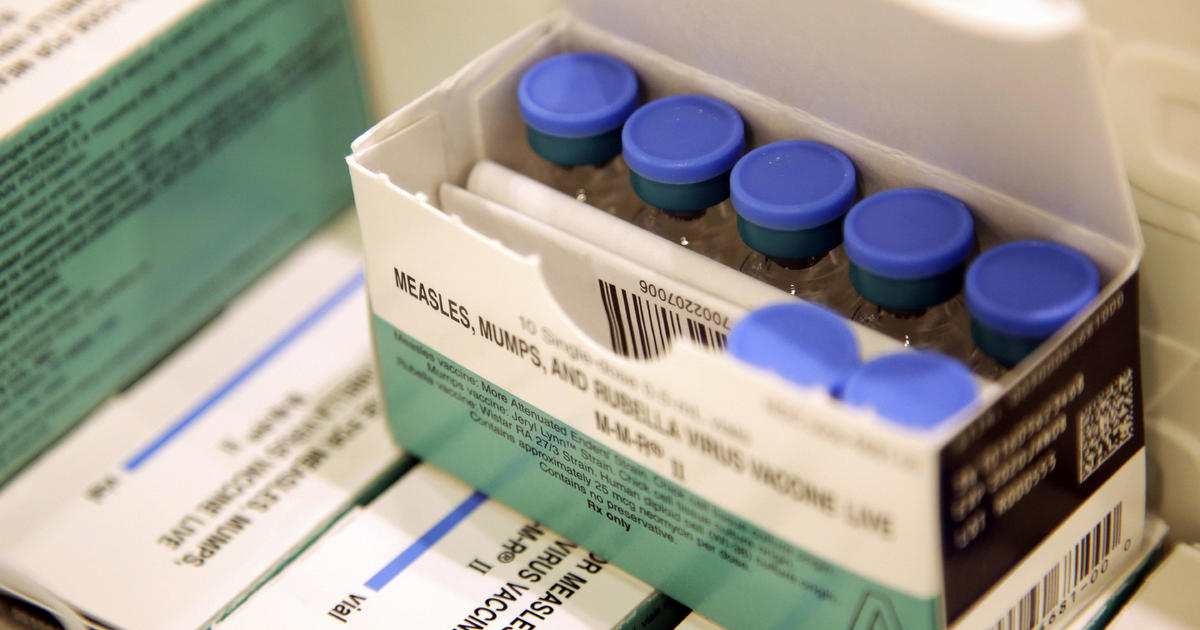1 in 4 U.S. adults has a disability, CDC says
New government research finds 61 million U.S. adults – about 1 in 4 Americans – have a disability that impacts a major part of their life. According to the report from the Centers for Disease Control and Prevention, the most common disability type, mobility, affects 1 in 7 adults. With age, disability becomes more common, affecting approximately 2 in 5 adults age 65 and older.
The most common type of disability in younger adults is cognitive disability.
"At some point in their lives, most people will either have a disability or know someone who has one," Coleen Boyle, Ph.D., director of CDC's National Center on Birth Defects and Developmental Disabilities, said in a statement. "Learning more about people with disabilities in the United States can help us better understand and meet their health needs."
Researchers analyzed information from a national database and looked at six types of disability:
- Mobility (serious difficulty walking or climbing stairs)
- Cognition (serious difficulty concentrating, remembering or making decisions)
- Hearing (serious difficulty hearing)
- Vision (serious difficulty seeing)
- Independent living (difficulty doing errands alone)
- Self-care (difficulty dressing or bathing)
After mobility disability, the next most common disability types were cognition, independent living, hearing, vision and self-care.
The researchers found women and non-Hispanic American Indians/Alaska Natives are more likely to have disabilities.
They also observed geographic and socioeconomic differences. Adults living in the South Census region of the United States are more likely to have a disability, the report found.
Additionally, the percentage of adults with disability increased as income decreased. In fact, mobility disability is nearly five times as common for 45- to 64-year olds living below the poverty level compared to those whose income is twice the poverty level.
The report also highlight the importance of access to health care is to people with disabilities. In general, the researchers note that adults 65 years and older with disabilities are more likely to have health insurance coverage, a primary doctor, and receive a routine health checkup during the previous 12 months, compared to middle-aged and younger adults with disabilities.
Adults with vision disability reported the least access to health care, while those with self-care disability reported the most access to care.
"People with disabilities will benefit from care coordination and better access to health care and the health services they need, so that they adopt healthy behaviors and have better health," said Georgina Peacock, M.D., M.P.H., Director of CDC's Division of Human Development and Disability. "Research showing how many people have a disability and differences in their access to health care can guide efforts by health care providers and public health practitioners to improve access to care for people with disabilities."



